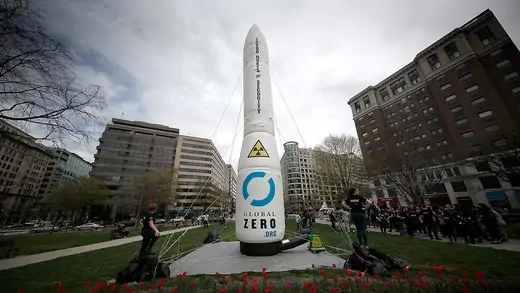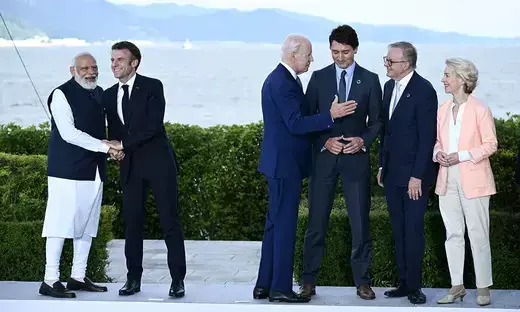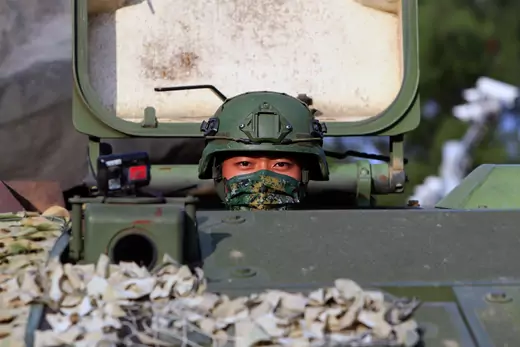- Iran
- Israel-Hamas
-
Topics
FeaturedIntroduction Over the last several decades, governments have collectively pledged to slow global warming. But despite intensified diplomacy, the world is already facing the consequences of climate…
-
Regions
FeaturedIntroduction Throughout its decades of independence, Myanmar has struggled with military rule, civil war, poor governance, and widespread poverty. A military coup in February 2021 dashed hopes for…
Backgrounder by Lindsay Maizland January 31, 2022
-
Explainers
FeaturedDuring the 2020 presidential campaign, Joe Biden promised that his administration would make a “historic effort” to reduce long-running racial inequities in health. Tobacco use—the leading cause of p…
Interactive by Olivia Angelino, Thomas J. Bollyky, Elle Ruggiero and Isabella Turilli February 1, 2023 Global Health Program
-
Research & Analysis
Featured
Terrorism and Counterterrorism
Violence around U.S. elections in 2024 could not only destabilize American democracy but also embolden autocrats across the world. Jacob Ware recommends that political leaders take steps to shore up civic trust and remove the opportunity for violence ahead of the 2024 election season.Contingency Planning Memorandum by Jacob Ware April 17, 2024 Center for Preventive Action
-
Communities
Featured
Webinar with Carolyn Kissane and Irina A. Faskianos April 12, 2023 Academic and Higher Education Webinars
-
Events
FeaturedJohn Kerry discusses his work as U.S. special presidential envoy for climate, the challenges the United States faces, and the Biden administration’s priorities as it continues to address climate chan…
Virtual Event with John F. Kerry and Michael Froman March 1, 2024
- Related Sites
- More
April 29, 2021
CompetitivenessTo manage the increasingly stark geopolitical power shifts of the past decade-plus, the United States should pursue arms control strategies that regulate rivalry and introduce a broader array of reci…

April 21, 2021
Nonproliferation, Arms Control, and DisarmamentDifferences between nuclear and nonnuclear weapons states could seriously weaken the nuclear regime. Recasting disarmament as a common endeavor that addresses each country’s legitimate interests and …

June 27, 2023
World OrderSessions were held on the future of AI governance, accountability for war crimes in the invasion of Ukraine, reworking the Sustainable Development Goals and the global development model, revitalizing…

October 11, 2021
CompetitivenessSouth Asia will be both the venue for and the source of intensifying U.S.-China and China-India rivalries. The United States should prepare to manage these rivalries by collaborating with allies and …

January 10, 2022
Conflict PreventionIn CFR’s annual Preventive Priorities Survey, U.S. foreign policy experts assess the likelihood and impact of thirty potential conflicts that could emerge or escalate in the coming year.

 Online Store
Online Store